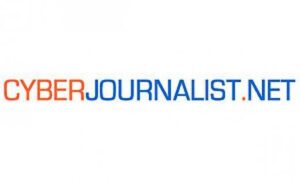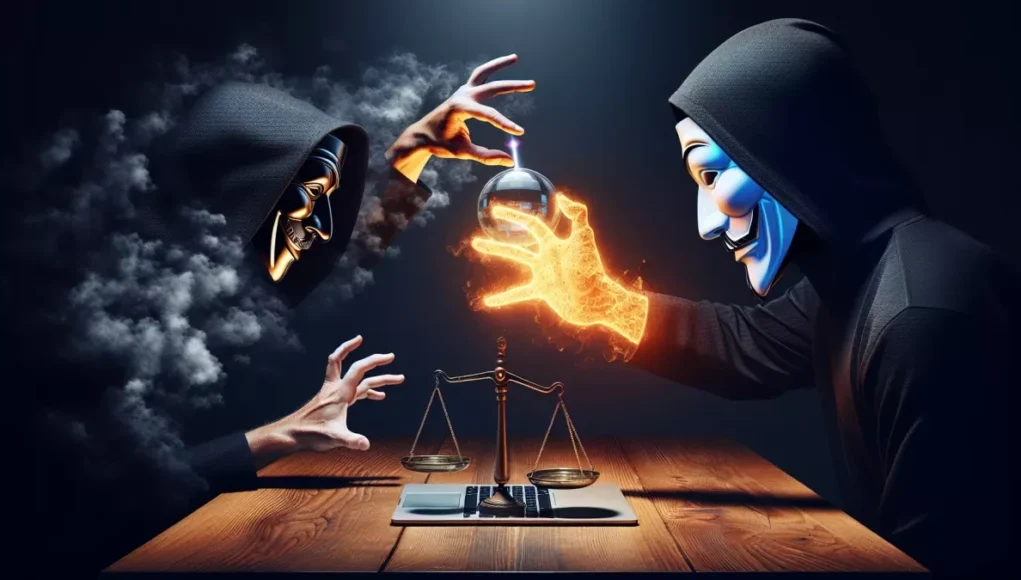Cyberjournalist.net, your number one source for digital news, delves into a crucial debate in the cyber world today – Anonymity versus Accountability in the Fight Against Online Abuse. As we delve into the unseen corners of the internet world, our accounts unfold the story of this digital battleground.
Online abuse has been a growing concern in the digital age, infected by trolls hiding behind the shroud of anonymity. While the internet has presented revolutionary ways of communications, connecting billions across the globe, the dark side of the digital landscape is becoming increasingly more prominent.
Internet anonymity, a privilege that initially was seen as one of the greatest gifts of the internet, has started to become its curse. The blurred lines between accountability and privacy are sending the digital community into a divide.
Supporters of internet anonymity argue that it’s necessary to protect freedom of speech. The ability to express one’s opinion without fear of backlash is seen as a significant democratizing aspect of the internet. Indeed, numerous social movements have relied on anonymity to protect protesters from punitive state responses, namely the Arab Spring and more recently, the Hong Kong Anti-Extradition Protests.
On the other side, critics contend that the same feature fosters online abuse. Trolls take undue advantage of anonymity, engaging in hate speech, cyberbullying, stalking, and other forms of online harassment. The fact that these individuals can hide behind pseudonymous usernames while causing harm to others has led many to call for a reduction in internet anonymity.
Tech giants have tried to straddle the delicate line between anonymity and accountability. Platforms like Facebook and LinkedIn require real names to underscore a sense of interpersonal accountability, while others like Reddit still allow pseudonyms. The goal is quite simply to mitigate the misuse of their platforms.
Legal responses have evolved differently across jurisdictions. South Korea, for instance, introduced an internet real-name system back in 2007, enforced to curb online abuse. However, it was later ruled as unconstitutional, after criticisms about infringement of privacy rights surfaced.
Privacy advocates argue that a loss of anonymity would mean a loss of privacy that could jeopardize the safety of individuals. After all, whistle-blowers, activists, and many others rely on anonymity to protect themselves.
Countries like Germany have imposed liability on platforms for not swiftly removing hateful content. Conversely, the United States, through Section 230 of the Communications Decency Act, exempts sites from the liability of what their users post, except in some notable exceptions.
The balance between anonymity and accountability is a tightrope walk. How can platforms let users express themselves freely and fearlessly while mitigating the adverse risks associated with anonymity? This question is one of the most significant facing the digital world today.
Incomes encryption, and its controversial role in this debate, supported by tech companies as a safeguard for user privacy and security but regarded by law enforcement and governments as a blindfold that enables criminal activities.
Amid all these conflicting viewpoints, it is clear that the solution lies not in extremes but in the art of balance. Tech companies, legal personnel, and users alike must work together to ensure that the freedom gifted by the World Wide Web doesn’t become a weapon for online abuse.
From Silicon Valley to Seoul, stakeholders are rallying together to create a safer, fairer, and more accountable online environment. Newer technologies like Artificial Intelligence could play a role in moderating content and identifying patterns of abuse without necessarily infringing on user privacy.
As the story continues to unfold in this precariously balanced digital terrain, one truth stands out – the conversation about online freedom can never truly be free without accounting for safety.
Sources:
McGee, Henry, “Cyber Bullying: Protecting Kids and Adults from Online Bullies”, ABC-CLIO, 2009.
Nordland, Rod, “Use of Internet in Arab Revolution”, The New York Times, 2011.
Kim, Younghwan, “Privacy, Security and Accountability: Media, Technology and Information Law”, Rowman & Littlefield, 2015.
Stoycheff, Elizabeth, “Under Surveillance: Examining Facebook’s Spiral of Silence Effects in the Wake of NSA Internet Monitoring”, Journalism & Mass Communication Quarterly, 2016.






